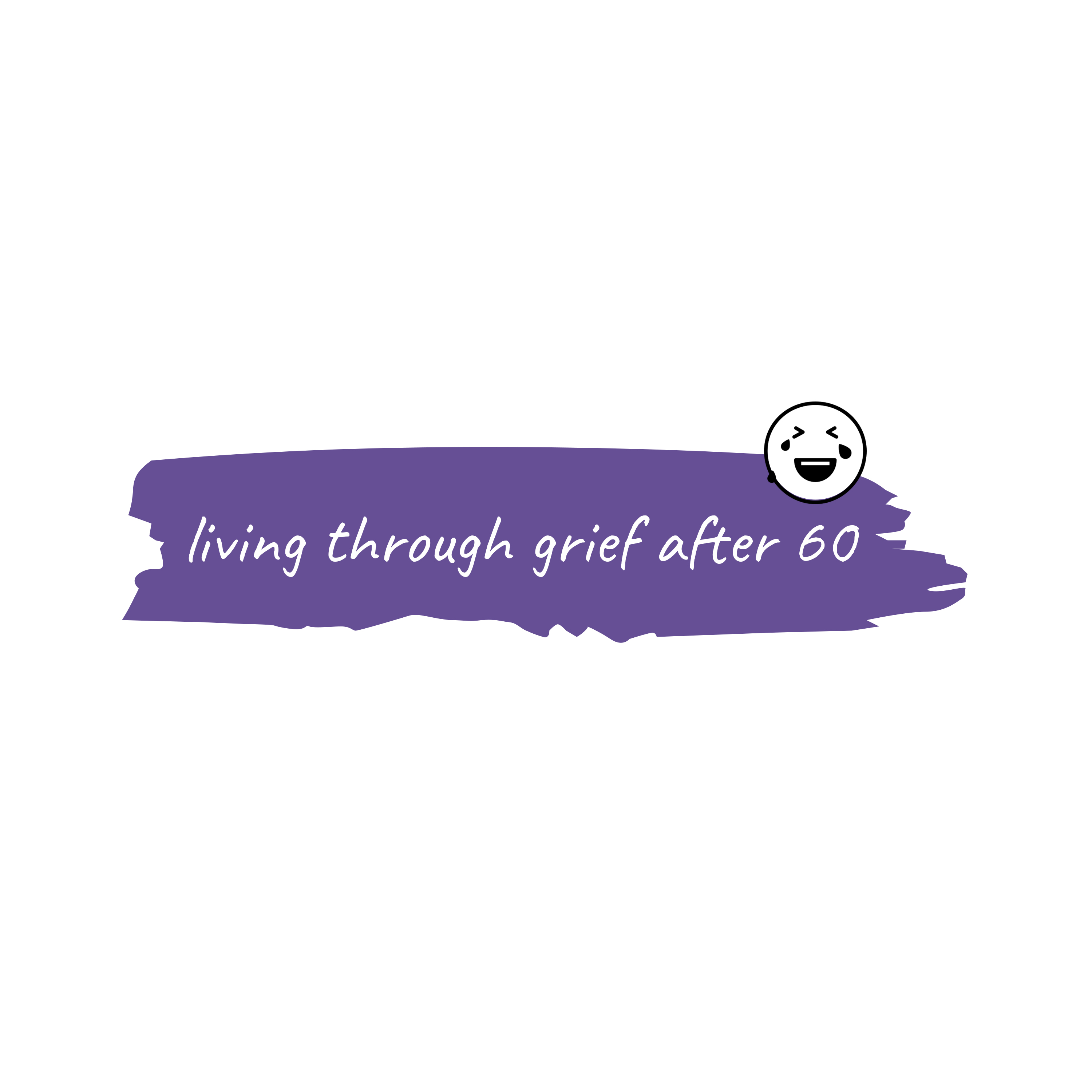The following article is a guest article from Amy Cameron O’Rourke. It is used with permission.
BY Amy Cameron O’Rourke, author of The Fragile Years
Challenges of Controlling Aging Parents Post COVID
“I want to control my aging parents, but I think I’m going to lose this battle.”
This quote in a recent Wall Street Journal article refers specifically to one woman’s wish that she could rein in her older parents from resuming their usual pre-COVID social life now that they’re vaccinated. She’s worried that despite the vaccine, their many gatherings at church and with friends could still pose a risk to their safety.
But the same statement could be made by countless other adults who long to protect their aging parents from countless other potential dangers: driving when their eyesight and reflexes are not what they used to be, climbing ladders to clean out the gutter of their home, keeping—and eating—expired food in the fridge. These things happen. All the time.
Lifestyle Changes and Being Resistant to Them
So do lifestyle changes affecting older loved ones’ health and fitness that younger generations wish they could fix. Refrains like “stand up straight, mom,” “let’s go to the gym together,” “try walking three times a day,” and “what if you got meals delivered?” are all too common.
Most often, these efforts to control parents’ behavior are met by resistance. Adults in their Fragile Years resist attempts by their children to help them stay healthy and safe because they fear help is a sign that the end of life is approaching and that they’re no longer in control. This is especially pronounced when it comes to the big and touchy decision about getting help. An older client once told me that she saw accepting a caregiver as “the beginning of the end.”
Is “Controlling” Parents A Good Idea, Or Not?
Watching a parent who was once strong, upright, and clear-thinking diminish is painful and sad. And trying to get the parent to not decline, and to stay clear of dangers, is a normal response. But when is—or isn’t— it the right thing to do?
From my 40 years of experience as a care manager to older adults, I have come to believe that it’s best for adult children to give up any thought of “controlling” their aging parents, even if this means allowing them to make bad decisions. Trying to control them will ultimately prove as futile as telling kids what to do over and over again. Instead, my advice is to work with them to help them feel more comfortable with assistance, whether from loved ones or a professional caregiver.
Steps to Navigate the Process
Navigating this process takes patience and skill. Here are a few steps you can take to make it go more smoothly:
Get involved early in the game. While I was assessing an older woman on her daughter’s request, the woman said to me “my daughter thinks I am dying, doesn’t she?” The daughter hadn’t visited in three years. Her sudden involvement was a red flag. To some, this can feel like a death knell. If you are involved on a regular basis over the years, your presence and support will not be alarming, and your parent will be more inclined to cooperate with your initiatives rather than resist.
Spend some extended periods of time with your parent. The 72-hour visit concept laid out by Dr. Dennis McCullough in his book My Mother, Your Mother is very effective. The goal is to spend time with the parent over an extended period of time. No judgment, no convincing them to do anything; just be there. You can observe, get a better sense of your parent’s capacities, and build trust.
Avoid using the tone of voice you would with a child. It’s a surefire way to fail!
Proceed slowly. Chances are your ideas are bigger and more complicated than what your aging parents are ready for. Ratchet down, go slow. Seek solutions that are small in size and build from there.
Lighten your emotional baggage. Lingering feelings of anger or frustration toward your parent will block decision-making and trust. Seek outside help from friends or professionals to work through these unresolved issues.
Build a support team. Siblings, friends, nieces, rabbis, nurses, colleagues, attorneys, financial advisors… Who can listen and bring ideas to the table? Who will your parents trust? Ask your community for referrals. One good referral can lead to another.
What If Additional Support is Needed?
If you feel you need an additional layer of support in navigating this and other challenges of the Fragile Years, you might consider hiring a professional care manager. Care managers help families transition through the Fragile Years together. Yes, it can be expensive. But there’s always the option to pay for a few sessions and create a game plan together. A care manager can also help save money over time by helping you make better choices from the outset, avoiding costly errors.
As with the other approaches above, this will bring greater peace of mind.
About The Author
Amy Cameron O’Rourke is a nationally-known pioneer and advocate for senior care in the U.S. She has been a professional care manager for more than 40 years, with 20 of those years at the helm of The Cameron Group (now Arosa), which she founded, as well as O’Rourke & Associates in Orlando, Florida. Amy is also the author of The Fragile Years.


Attractive component to content. I just stumbled upon your blog and in accession capital to claim that I get actually loved account your weblog posts. Anyway I will be subscribing on your feeds and even I achievement you get admission to consistently fast.